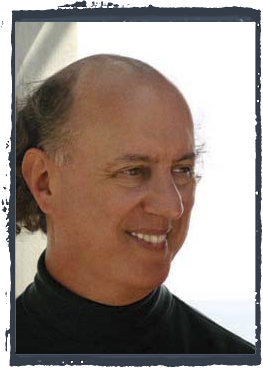The Performance Loop
Some of my best friends make superb recordings in the studio. My hat’s off to them! In a way, I’m lucky to be unable to record without audience; otherwise the concert-vs.-studio decision would be more difficult.
And yet, maybe not so much. For there’s a more fundamental problem in the studio, one we haven’t mentioned. It concerns who’s in charge. Consider for instance how we musicians instinctively adjust tempi to room acoustics. For busy passagework in a reverberant space, we may play somewhat slower for clarity. In a dry space (like most studios), such passages will work at—or even require—faster tempi, while slow passages must not be too slow, or they may die on the vine.
So you choose an appropriate tempo for a Beethoven adagio in a typically dry studio; and then, because the room is too dry for the engineer’s taste, he adds artificial reverb, making nonsense of your tempo, and making you sound as though you have no ears. You don’t hear this problem because you can’t hear the extra reverb. He hears it over his speakers; but you, in the studio, are in The Twilight Zone: the Realm of the Engineer.
Perhaps you’re offered headphones so you can hear that extra reverb. Now you are really floating free of reality, adjusting your key-touch and pedaling to the headphone-sound plus what leaks past the headphones from the studio acoustics. The recording is no longer a capturing of any acoustic event because there is no acoustic event.
Poor you! Trained all your life to make beauty in natural acoustics, you’re still trying to do so, even though in these conditions it’s impossible. Perfectionizing strikes again. Once again, a performance becomes a mere rendition.
Performance takes place in a “loop” from performer’s hands, to instrument, to acoustics and audience, and back to performer’s ears, brain, and hands. A feedback loop mediated by sound. It is not the engineer’s job to alter the sound, nor to intrude artificial reverb or other disturbance on it, but simply to tap into and capture the sound as it mediates the musical event. To alter the sound outside the loop merely makes nonsense.
Conversation Interrupted
You can foul things up in concert recording, too; but it’s less likely because, first, it requires the engineer to carry more gear to the venue, which he hates doing; second, you’ve chosen the venue for its good acoustics; and third, the concert-hall is psychologically the Realm of the Musician.
It’s also the Realm of Intimate Communication, not just because of the audience—you can have an audience in the studio—but because the psychology is different. If you’ve ever had an intimate conversation interrupted, you know how hard it is to get it back; and how the feeling that does remain between you and the other person may be altogether different. Yet we somehow expect our musical ills to be cured by the studio process even though we repeatedly interrupt our playing, then assemble dozens or hundreds of takes into one communication that we expect to earn the intimacy of our listeners.
Remembering Karl Kraus’s sardonic comment that “Psychoanalysis is itself the illness it purports to cure,” one is tempted to ask if studio recording is itself the illness that it is meant to cure.
Don’t fall into this trap!
